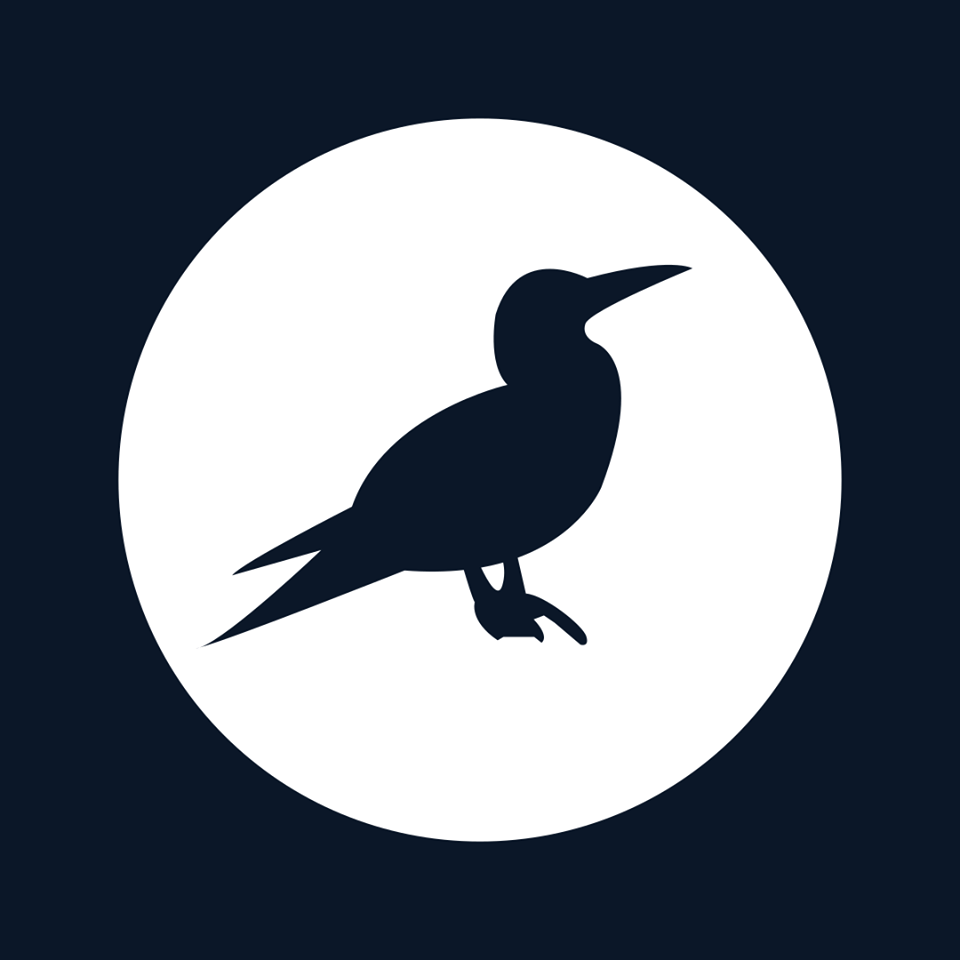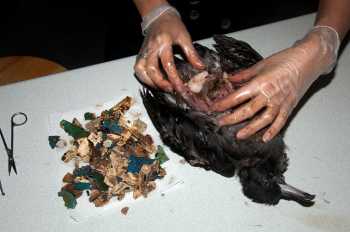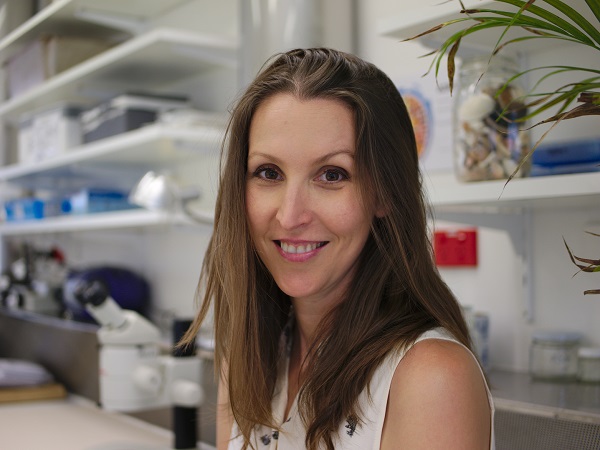
The University of Tasmania’s Adrift Lab is described as a dedicated group of researchers studying all things adrift in the ocean, including plastic, chemicals, and wildlife. The Lab is headed by Jennifer Lavers, a Lecturer in Marine Science in the university’s Institute for Marine and Antarctic Studies in Hobart, Australia. She describes the Lab as a research-focused centre where students are encouraged to be inclusive and tackle the tough, but important questions in pollution science. Much of its work has concentrated on the incidence and effects of plastic pollution on seabirds, including shearwaters such as the globally Near Threatened Flesh-footed Ardenna carnepeis, a contender for ACAP-listing. The Lab’s 20-year study of this species on now thought to be rodent-free Lord Howe Island has unfortunately had to take a break this year due to Australia's COVID-19 restrictions – surely not the only long-term seabird study around the world that is being disrupted by the pandemic.

A Flesh-footed Shearwater on Lord Howe Island reveals its plastic load, photograph by Ian Hutton

Jenn Lavers in the Adrift Lab
Jenn Lavers, a member of the Specialist Committee on Seabirds and Plastic Pollution with the World Seabird Union, has written to ACAP Latest News on behalf of Adrift Lab: “As a child, I recall stretching my arms out as wide as I could only to realise my “wings” were tiny compared to those of an albatross. This was one of my first memories of forming a picture of just how vast and magical our world was. World Albatross Day is an opportunity to reconnect with wonder, and in doing so, remind society why it’s so important to protect these iconic birds.”
With thanks to Jennifer Lavers.
John Cooper, ACAP Information Officer, 08 May 2020

 English
English  Français
Français  Español
Español